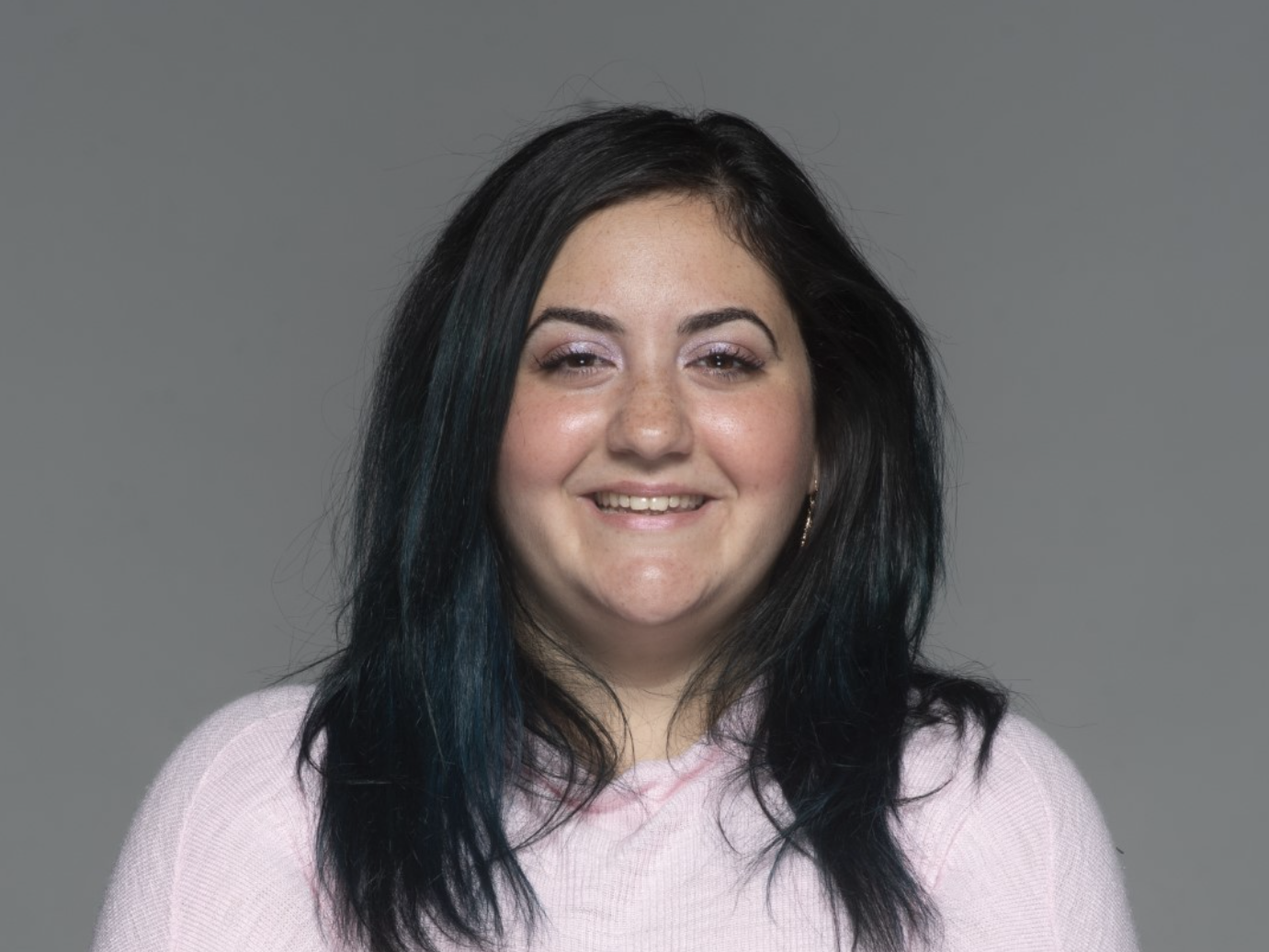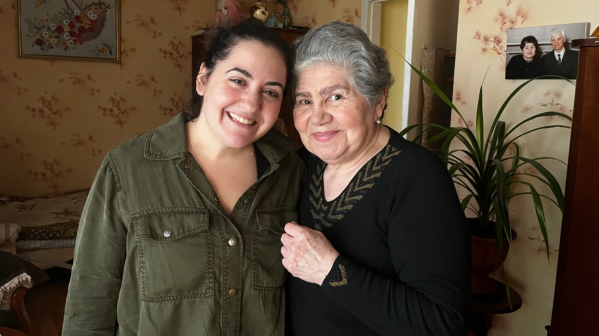
The Washington Post has become one of the world’s few large international publishers to establish a bureau in Kyiv, Ukraine.
Isabelle Khurshudyan, the bureau chief who has Ukrainian roots, says the move signals the Post’s “long-term commitment” to covering Russia’s war on the nation – “the people it impacts, and the ripple effects it’s going to have in the world”.
“However long the war itself lasts, there are going to be ramifications for this,” she tells Press Gazette. “Whether it’s for people, whether it’s for Nato security going forward, European security, US security – the whole kind of world order changed the second Russia invaded on 24 February. There’s going to be a rebuilding effort, there are going to be war crimes cases.
Click here to subscribe to Press Gazette’s must-read newsletters, Future of Media and Future of Media US |
“So I think this is going to be a story that will last a very, very long time. And it’s important, certainly from a US standpoint, but from the world standpoint it’s important that we have people who are on the ground, continuing to do not just the bigger picture reporting but also getting to people and getting to people’s stories. And showing the more personal ways this has really impacted everyone’s lives there.”
Khurshudyan, a former sports writer and Moscow correspondent for the Post, had reported from Ukraine months in advance of Russia’s invasion. She was in Kharkiv when the war began. She recently returned to the US for a short period, but will return to Ukraine – where she works alongside chief Ukraine correspondent Max Bearak – next week.
Khurshudyan’s parents were born in Ukraine, and she wrote in March about meeting her great-aunt, who she calls her Baba Zina, in Odessa (pictured below).

Khurshudyan pictured with her Baba Zina in Odessa in March. Credit: Whitney Leaming/The Washington Post
She says her family are “proud” but also “sometimes nervous” about her role reporting on the war. “There are places in Ukraine that feel incredibly normal,” she says. “Where restaurants are open, you can have a glass of wine, you don’t really feel like you’re in a ‘warzone’.
“But I also think this is a war that can reach you anywhere inside Ukraine, because missile strikes can hit peaceful cities. You don’t have to be right at the front line to be in danger.”
Khurshudyan says the situation in Ukraine is “very unpredictable” and she’s unsure of what the big stories of the coming months will be.
“For me, it’s important we focus on atrocities and high-level accountability reporting – really tracking war crimes and keeping an account of the things taking place in places like Mariupol, Bucha, Kherson. Those are places we can’t get to but we can still get accounts from there.”
Khurshudyan adds that much of her focus will be on “who this is taking the largest toll on, which is people.
“As much as we want to do the bigger picture security reporting – and we definitely will be doing that – we don’t want to forget telling normal people’s stories since they’re the ones paying the highest price right now.”
Top picture credit: Marvin Joseph/The Washington Post
Email pged@pressgazette.co.uk to point out mistakes, provide story tips or send in a letter for publication on our "Letters Page" blog
